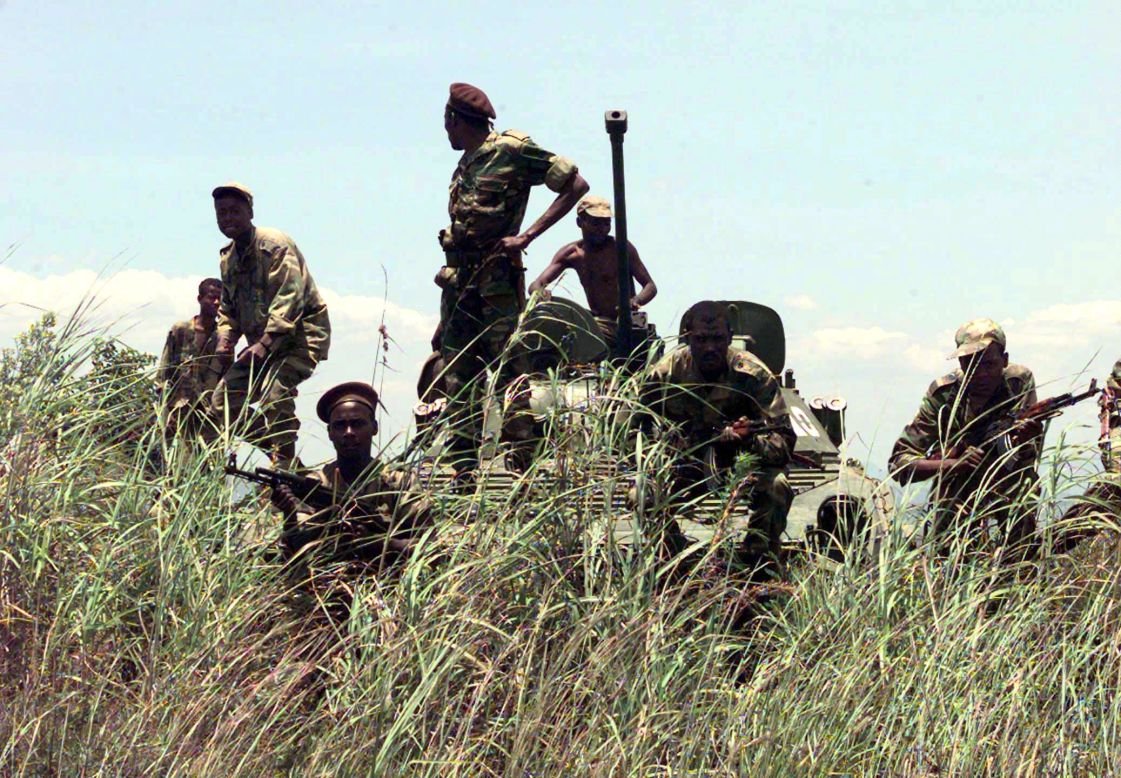
All’s Fair in Luanda and War: The United Nations Security Council, Angolan Civil War, 1977
Note: This committee will be run as a double-delegation committee with both crisis and GA elements.
The year is 1977. Despite a broader era of détente between the United States and the Soviet Union, the Cold War rages on in Southern Africa. In the wake of a post-independence power vacuum in Angola, tensions between the communist People’s Movement for the Liberation of Angola (MPLA) and the anti-communist National Union for the Total Independence of Angola (UNITA) have come to an all time high. Civil war has broken out, with the ANC and Cuba-backed MPLA becoming the de facto government in opposition to the Zaire and South Africa-backed UNITA. The ruling MPLA faces an additional ongoing conflict with the nationalist-separatist Front for the Liberation of the Enclave of Cabinda (FLEC), which declared the Republic of Cabinda independent from the Angolan state in 1975 . The recent military withdrawal of the National Liberation Front of Angola (FNLA), a key nationalist UNITA ally in this conflict, has contributed to rising internal tensions as well. Combined with a failed attempt at coup d’état from within the MPLA government, the need for international action is clear.
Tasked with ensuring peace and stability in an increasingly bipolar international order, the United Nations Security Council must act to protect Angolans from one of the Cold War’s most dangerous and far-reaching conflicts. Will the warring parties be able to unite under their shared vision of a free and independent Angola, or will global ideological conflicts keep Luanda in limbo?
Chair:
Emma Wong
Emma Wong is a member of the Walsh School of Foreign Service Class of 2025, pursuing a major in International Politics with a minor in Linguistics. Emma is originally from Jakarta, Indonesia, and loves to share her culture with others! She is currently the Conferences Coordinator and Head Delegate of the GUMUN competitive travel team for the 2024-2025 academic year. She previously served as Deputy of Operations and Deputy of Internal Affairs for team GUMUN. She was also Under-Secretary-General of Assemblies and Summits organ and ran all three GA committees at NCSC 50. Emma is so excited to spend her final NCSC as your Chair for UNSC: The Angolan Civil War!
Crisis Manager:
Phoebe Chambers
Phoebe Chambers is a member of the Class of 2025 in the Georgetown College of Arts and Sciences, majoring in Government with a minor in Religion, Ethics, and World Affairs. She grew up in Potomac, Maryland, just thirty minutes away from the Washington Hilton, so feel free to ask her about her favorite D.C. museums and coffee shops. Phoebe started her Model UN journey as a sophomore in high school and has not looked back since! At Georgetown, she has served as an Under-Secretary-General of the National Security Apparatus at NAIMUN, NCSC’s sister conference for high school students. She also serves on leadership for Georgetown’s Model UN team, alongside her chair and close friend Emma Wong. Phoebe has found a passion for Africa-focused and hybrid-style committees throughout her time on the circuit, something she is excited to bring to NCSC LII’s UNSC. Outside of Model UN, Phoebe is involved with the Georgetown Institute for Politics and Public Service and the Georgetown University Student Association. In her limited free time, she can be found listening to Taylor Swift’s entire discography or bringing up how Greek she is in every conversation. She could not be more excited to spend her fourth and final NCSC as your Crisis Manager for UNSC: The Angolan Civil War!
USG: Caroline Dupas
This committee is in the Councils & Boards Organ, and your Under-Secretary General is Caroline Dupas. Committees in this organ are Non-traditional crises with 25-30 delegates.
If you have any questions about your committee, please reach out to c.dupas@modelun.org.



